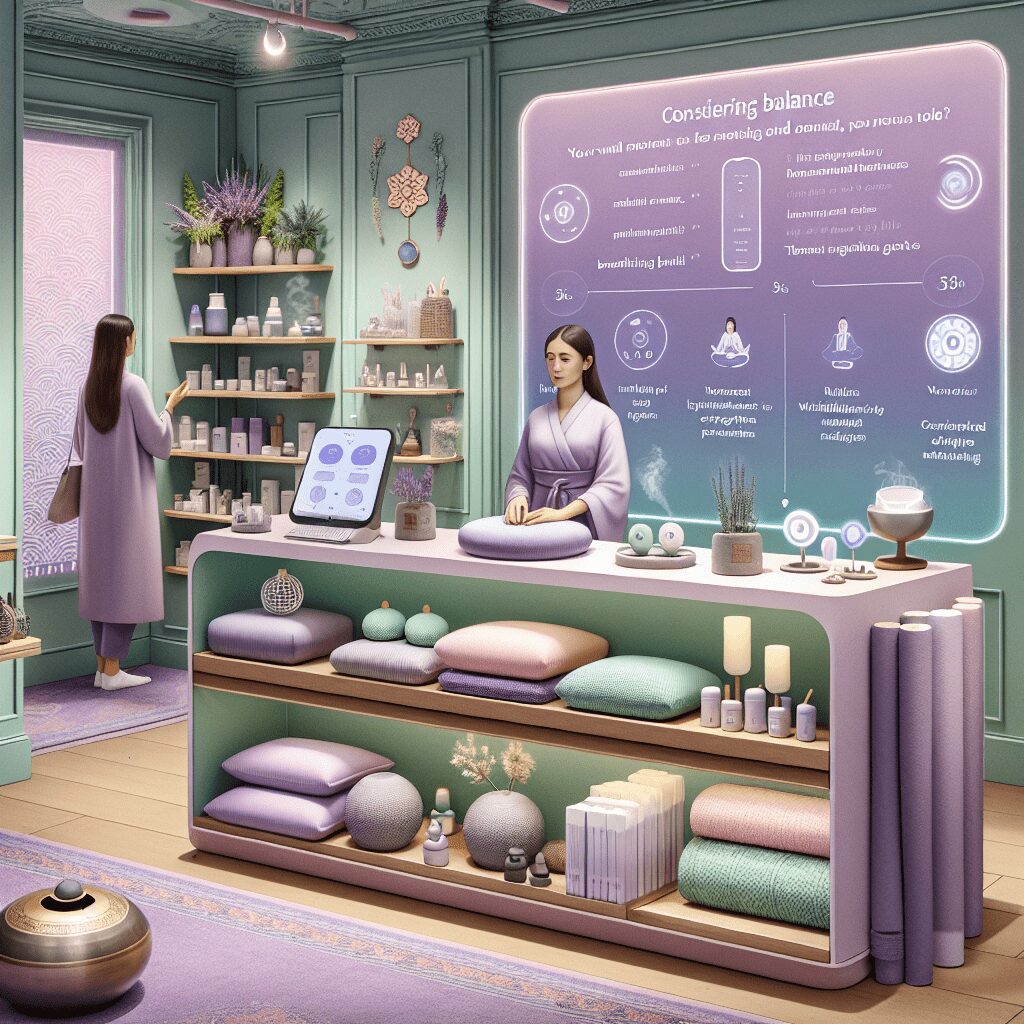
Prioritize your mental well-being daily. Enhance your life by nurturing your mental health with the Smart Meditation app. Break free from stress, alleviate anxiety, and enhance your sleep quality starting today.
How To Find The Right Antidepressant?
Navigating the Maze of Antidepressants
Finding the right antidepressant might feel a bit like searching for a needle in a haystack. But hang on tight! With a bit of guidance, turning the “mission impossible” into a strategic quest is entirely possible. After all, it’s all about finding the perfect match for your unique brain chemistry and personal circumstances.
Understanding Your Options
First things first, let’s decode the alphabet soup of antidepressants out there. From SSRIs (Selective Serotonin Reuptake Inhibitors) to SNRIs (Serotonin and Norepinephrine Reuptake Inhibitors), the variety of choices can initially seem overwhelming. Throw in the MAOIs (Monoamine Oxidase Inhibitors) and TCAs (Tricyclic Antidepressants), and you’ve got a full-blown menu of acronyms to digest. But don’t fret! The key lies in understanding the basic mechanism of each group and how it might dovetail with your symptoms.
SSRI and Friends: The Go-To Gang
SSRIs, often the first port of call due to their lower side effect profile, work by boosting serotonin levels in the brain, potentially easing symptoms of depression and anxiety. Think of them as the cheerleaders of neurotransmitters, lifting your spirits by swinging those serotonin levels up.
SNRIs, on the other hand, play a double game by increasing both serotonin and norepinephrine, a neurotransmitter associated with alertness and energy. They might be particularly useful if your depression comes with a side order of fatigue and brain fog.
MAOIs, the old guards of antidepressants, might not be the first choice due to dietary restrictions and potential side effects. However, they could be a game-changer for those who’ve found little relief from other medications.
TCAs are somewhat like the heavy lifters of the antidepressant world, used often when other medications haven’t hit the mark. They tend to have a broader spectrum of neurotransmitter targets but come with a heftier side effects list.
Tailoring Your Treatment
Here’s the golden rule: One size doesn’t fit all. What works wonders for one person might be a roller coaster ride for another. That’s why getting your treatment tailored to your specific needs, symptoms, and medical history is crucial. Here’s a practical roadmap to guide you through:
-
Start with Self-Reflection: Before venturing into the land of antidepressants, take a moment to assess your symptoms comprehensively. Are you dealing with insomnia, or could you sleep through a tornado? Is your appetite MIA, or are you devouring the fridge contents at midnight? Understanding your symptoms can guide the initial choice of antidepressant.
-
Medical History Check: Have a heart-to-heart with your doctor about your medical history. Some antidepressants might interact with other medications you’re taking or exacerbate certain medical conditions.
-
Genetic Testing – A Game Changer?: Genetic testing for psychiatric medication compatibility is not sci-fi anymore. It’s a tool that might help predict which antidepressants could work better for you, based on your genetic makeup.
-
Trial and Error – Patience is Key: Finding the right medication often requires some experimentation. It can take several weeks, or even longer, to notice any benefits. Plus, side effects need to be weighed in the balance too.
-
Keep the Dialogue Open: Regular check-ins with your healthcare provider are essential. If you’re not feeling it with one medication, there might be another that fits your chemistry better. Always be open about side effects and any concerns you might have.
By approaching the search for the right antidepressant with informed curiosity and patience, you can turn a daunting task into a navigable journey. Remember, alongside medication, counseling, lifestyle changes, and a support system play monumental roles in tackling depression. Here’s to finding the right match and moving toward a brighter horizon!




